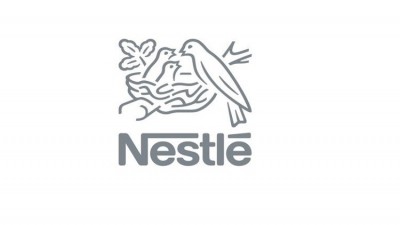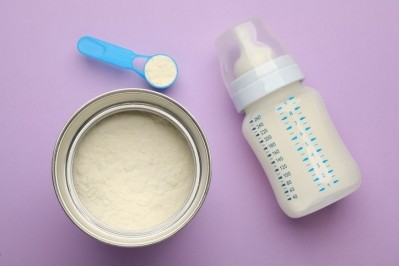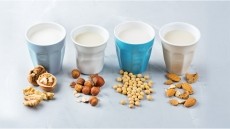Beverage barriers: Yeo’s predicts challenging year ahead after mixed 2023 financial results

Yeo’s recently announced its FY2023 full year financial results, reporting a -7.1% decrease in total revenue to S$332.7mn (US$247.7mn) from S$358.1mn (US$266.6mn) in FY2022, but a 179.2% increase in net profits to S$6.7mn (US$4.99mn) from S$2.4mn (US$1.79mn) the year before.
Much of this was contributed to the firm’s performance in the second half of 2023, where it reported a -14.2% dip in total revenue to S$151.6mn (US$112.9mn) from S$176.8mn (US$131.6mn) in the previous year, but a 183.3% increase in net profits to S$3.4mn (US$2.5mn) from S$1.2mn (US$893,400).
“The decrease in revenue for FY2023 was mainly due to the movements in foreign exchange rates, which more than offset sales growth in markets such as Malaysia and Indonesia,” Yeo’s stated in a formal document reporting these latest financial results.
“At constant currencies, Malaysia revenue actually grew by 3.1% and Indonesia grew by 6.1% - but after currency exchange rates these were seen to have declined by -3.0% and shown flat growth respectively.
“In addition to the movements of foreign exchange rates, subdued consumer sentiments worldwide are also having an effect, particularly in Cambodia (under Yeo’s Indochina segment which showed a -14.8% decline even at constant currency) and in China which declined -10.6% at constant currency – [for the latter, we also implanted] lower unit selling price to clear COVID inventory and lower sales volumes.”
In addition to these, sales in Yeo’s other key markets all showed negative results including in home base Singapore which was down -3.3% year-on-year in revenue due to poorer Chinese New Year festive sales.
The firm operates in more than 30 markets globally, and tellingly its revenue in all its ‘Other International Markets’ also declined -15.6%, which was attributed to weak consumer sentiment as well.
“All in all our outlook for the market based on these results is that operating cost inflation and softening in consumer spending amidst economic uncertainties will continue to pose headwinds to operations,” the company added.
“Yeo’s will continue to [seek] opportunities for growth through meaningful consumer innovations as well as strive for cost optimisation to improve business performance sucha as driving operational efficiencies.”
Plant-based troubles
Yeo’s entered a partnership with Swedish oat milk company Oatly back in 2021, agreeing to jointly invest S$30mn (US$) to procure equipment and facility upgrades for production of the latter’s oat milk in Yeo’s Si’ngapore manufacturing site, targeting China and the rest of Asia as end-markets.
Back then, Yeo’s CEO Samuel Koh had highlighted this investment into the plant-based dairy space as an important one for growth.
“Yeo’s has a long history of product innovation and we are already a key player in the dairy alternative segment via our soy portfolio - This strategic partnership positions both companies to tap the surging demand in this region for plant-based dairy,” he had said.
“We believe that this segment will continue to grow exponentially as consumers become more aware of the impact of their food and beverage choices on their health and the environment.”
About three years on, since the partnership was announced in March 2021, there appears to be some trouble in paradise as the firm reported a -8.2% year-on-year decline to S$36.3mn (US$27.0mn) in FY2023 from S$39.5mn (US$29.4mn) in FY2022 for its non-Yeo’s brands, citing lower volumes from Oatly as the main reason behind this in addition to the reduction of other agency brands.
Based on Oatly’s own FY2023 financial results presentation, this appears to be linked back to a decision by Oatly to revamp its operations in Asia after taking consistent losses since the second quarter of the year.
Oatly decided to concentrate its production in order to maximise operational efficiency and save costs in the region, hence cutting the volume of oat milk produced at the Singapore plant (where it operated on a hybrid basis with Yeo’s) by more than two times in volume from 83% to 25%; and moving this to its end-to-end plant in Ma’anshan, China.



















